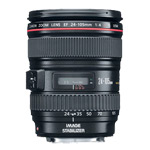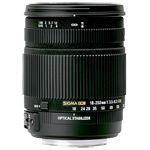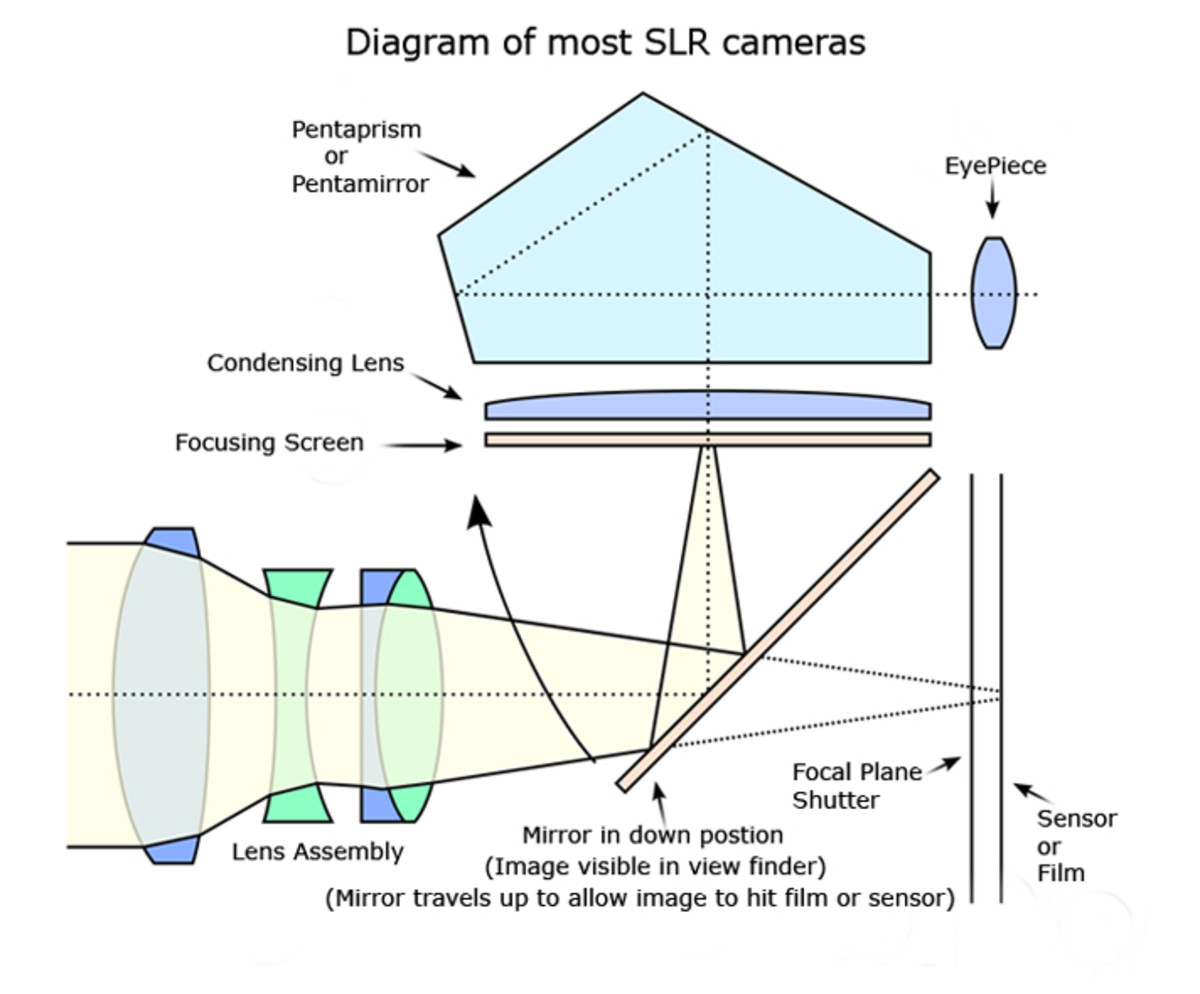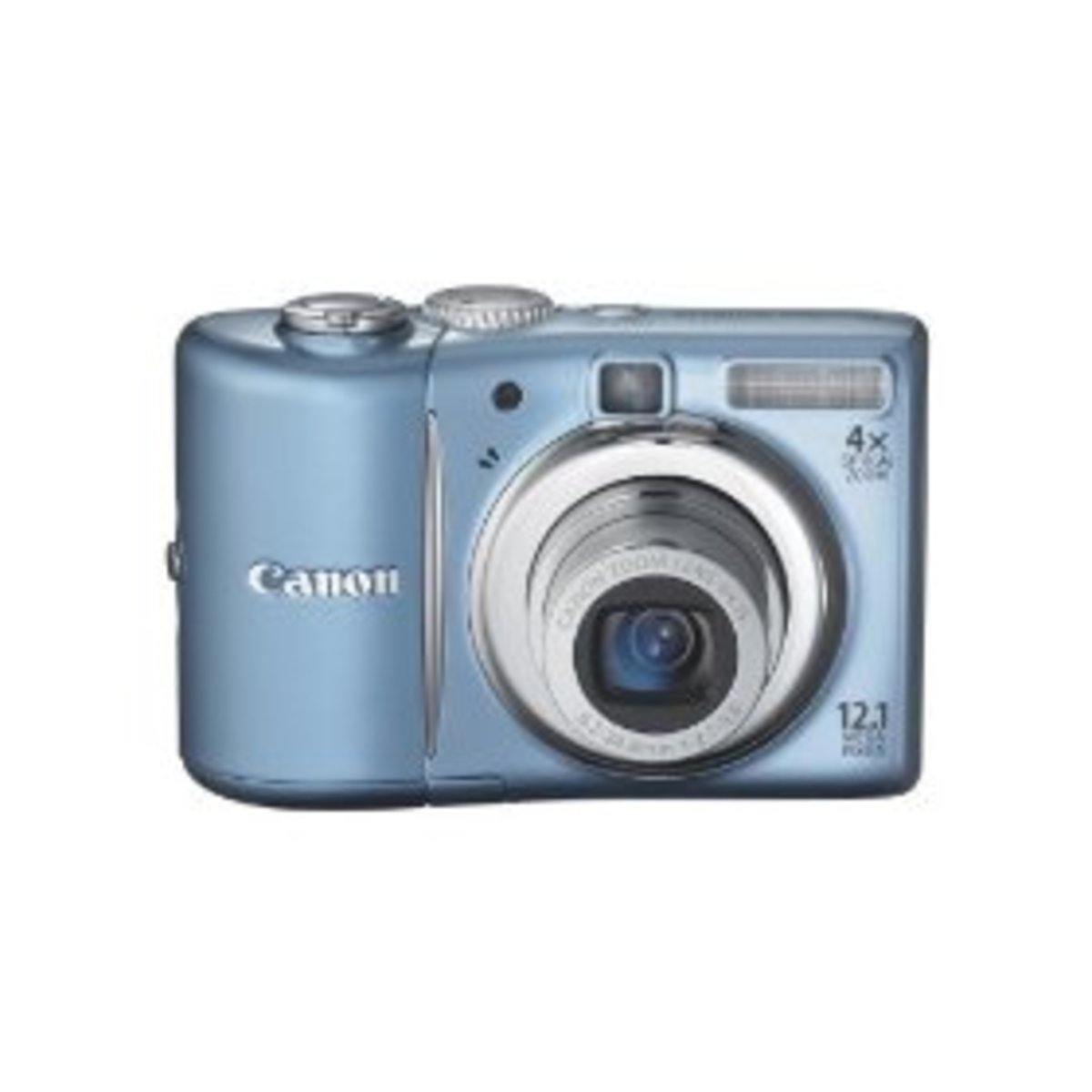Buy Your First Canon Digital SLR Lens


Your First Canon EOS Camera Lens
Once you have decided on the right Canon EOS camera, your decision making process is not over. How do you pick the right Canon digital SLR lens?
The first decision, the one that ended up in your choice of cameras, was probably one that involved research, seeking out the opinion of other camera owners, and lots of fretting. Nevertheless now you are faced with a huge sea of lenses, both by Canon and by third party designers.
You have to choose.
Oh sure, you could simply pick up the package deal that has what is know as a kit lens. And there are even packages that contain two or three kit lenses that cover a wide spectrum of focal lengths. Then there would be no choice to make.
However, if you are a discreet shopper, you will want to get the most amazing Canon camera lens available for your money.
There are those who make a science out of this part of the selection process, taking long periods of time to research and evaluate. Online forums are full of new photographers looking for just the right lens. Some are obsessed with finding every facet of information out there. Some people take it too far for it to be fun.
But the truth is, you want to make sure you get a lens that will serve your photography needs with the best quality photos achievable.
Before moving on, let's revisit this question, "Why not just obtain the kit lens?" It was alluded to above, and the answer is a simple one. Although the kit lens is adequate as a beginner Canon camera lens, it is not the most fantastic lens they create. Its aim is to get a lens on that camera so you can get started taking pictures right out of the box. Many buyers prefer to get just the camera body and buy the lens or lenses for their camera separately.
Excellent First Choice Canon EOS Lenses
Questions Will Help You Narrow Your Search
As you go through the lens evaluation process, think about a number of questions that will assist you slim down the number of choices.
1. What is your budget?
This may just be the single question you have to answer. If your budget only includes the camera and a kit lens, then you are done. If that is not the case, and you are in a position to spend some of your budget on a lens or two, you are ready to move ahead with the questions.
2. What sort of photos will you be taking the majority of the time?
You probably have a penchant as to the types of images you prefer to capture. This frequently happens before one buys a digital SLR camera. For taking photos of family and friends or vacation, the focal range of 18-70mm (or something within those parameters) will be fine. If you specialize in sports, you will consider a much different type of lens. This is also true if you prefer nature or portraits.
3. Will you be purchasing more than one lens for this new Canon Digital SLR camera?
Having a whole array of lens choices in your camera bag is actually one of the main reasons many folks move from a point and shoot camera to a digital SLR camera in the first place. If you budget allows for another lens or two, then the first lens choice can focus more on getting the best image in the 17-75mm range. Then add to that range with a 70-200mm, or even a 70-300mm lens. There are several Canon lenses in these focal lengths to choose from.
4. Which Canon EOS camera did you buy (or will you be buying)?
Depending on your answer, you may not be able to get some of the Canon or third party lenses simply because they will not work on your camera. If you buy one of the entry to mid level digital SLRs, you can buy almost any Canon EF lens or third party lenses made for Canon. The more expensive, professional Canon models will not accept lenses that are made specifically for the entry level digital SLRs. These lenses have a designation code of EF-S.
The determination to move to a DSLR camera is an exciting one, but it is not without its research and challenges. You really need to do your homework before making this buying decision.
The worst case scenario is that you have a low budget, and you make the wrong choice for your first Canon camera lens.
The good news is that before you make a mistake, there are websites and resources to help you with your decision. Finding the right Canon digital SLR lens is just a matter of taking advantage of those resources.
- Canon EOS Lenses
Canon EOS digital cameras have many options for lenses. Discover the best options for your Canon EOS camera and your particular photography preferences.








